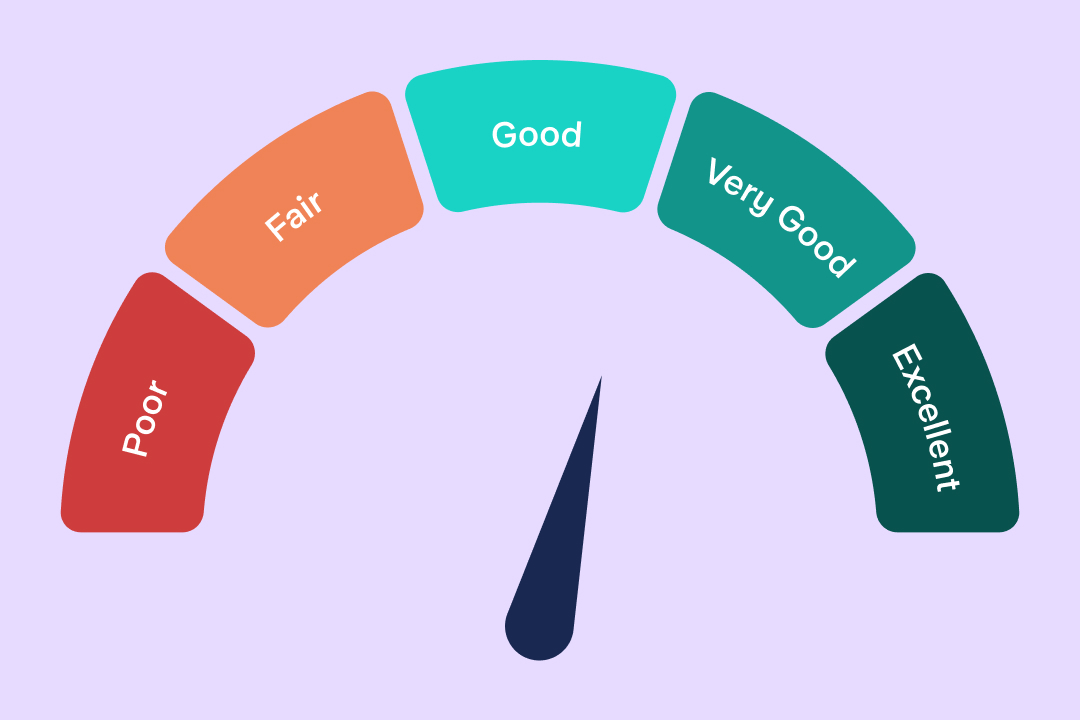
Personal finance
“We couldn’t get on the pitch – there were loads of men playing. The girls were so disappointed.”
15th May 2024
By: Team Starling
8th November 2023

Hayley Quinn is a relationship expert whose TED talk has been seen by almost three million people. She’s appeared on BBC1, Channel 4 and Sky. Here, Hayley shares advice on how to reframe conversations around unpaid labour in your relationship.
When Hayley Quinn started out as a relationship expert 15 years ago, couple dynamics were very different to how they are today, where the traditional breadwinner and homemaker model has declined, and the tech-driven ‘always on’ culture has made our lives busier than ever before.
“One of the most common questions my clients ask is how they can both feel loved and appreciated in their relationship, when they’re both expected to fulfil roles as the breadwinner, and manage the household too. Making time for their relationship can feel like an afterthought,” Hayley says.
Deciding how to divide unpaid labour at home, whether that’s typical chores or ‘life admin’ tasks such as paying the bills, is an issue that affects almost all UK couples. In fact, our new research suggests that couples are in complete disagreement on who does the most at home. For couples who don’t divide the housework equally, this means about five arguments about housework per month on average - rising to eight for couples who rely on just one person for the work.
That’s why we’ve launched our campaign for couples to ‘Share the Load’, in partnership with Hayley. We’ve also created a new online tool that helps couples keep track of their unpaid labour at home, to help prompt more open communication about sharing the load.
Hayley recognises that communication, or lack of it, is where couples’ disagreements can start. “The division of household tasks can feel entirely unromantic, even transactional, as you ask, ‘Who is dropping the kids off? Can you load the dishwasher? Did you remember to set up that direct debit?’” she says, “but there are ways to improve your communication.”
We asked Hayley more questions, to unpack the issues.
Q. Do household chores need to be divided equally in order to be fair?
It’s idealistic, but perhaps not realistic, that every payment, chore and piece of admin will be split equally. Life will throw plenty of challenges at couples: that could be a new baby, a redundancy, or a health issue.
As life circumstances and priorities change, the balance in relationships moves with them. That might mean, particularly at times of stress, that one partner takes on more of the load than the other.
That doesn’t have to mean it feels unfair. Both partners should be realistic that with all of life’s ups and downs, some give and take is to be expected.
Q. So how can we put a more positive light on conversations about chores?
While one person might feel that they contribute more to unpaid household tasks, and quite possibly do, in a lot of cases their partner will be actively trying to contribute in their own way. It always helps to start from a point of believing your partner is trying to contribute rather than constantly bringing attention to how they’re coming up short.
Simple gestures like praising your partner for stepping in to give you a break, or taking on a task you really hate, can mean the emotional climate of your relationship feels much more positive.

Q. Can we truly know how the load is split in our relationships?
While you might feel like you take on the bulk of the household chores, double check this assumption. Sometimes it’s simply hard to know what unpaid labour your partner is doing compared to you: you might have loaded the dishwasher three times that day, but maybe they did the school run or sorted the car insurance.
A quick and easy thing couples can do to track their unpaid labour, is to try out Starling’s new Share The Load tool. Couples simply log the time they spend doing different tasks each week and then get a full breakdown of how they compare. It takes the guesswork out of who does what, and gives insights on how the load is actually split in relationships.

Q. So what practical changes can we make?
Once you’ve built up a realistic picture of how you share responsibilities within your relationship, you can have more positive and constructive conversations about how to make the division of tasks fairer. This helps couples avoid accusatory language and hopefully reduces arguments too.
One thing that’s really key to discuss, is whether you’re both happy with how the load is currently split, and if it suits both of your schedules. It doesn’t always have to be split 50:50, which is why the Share the Load tool allows couples to tailor what fairness looks like in their relationship.
It’s not the most romantic activity, but the most practical way to organise who does what is to sit down and make a list of the household tasks, then divide them up and create a rota. Doing so can help reduce the burden of carrying the mental load, and helps keep both partners accountable for their responsibilities.
Having a rota doesn’t mean that there’s no flexibility, as there should always be some give and take in a relationship. Of course, the division of tasks might vary week on week depending on both partners’ situations.
Fundamentally it’s about both partners showing a commitment to sharing the load fairly and agreeing what fair looks like for them.
Try our Share the Load tool to track your chores and compare.

Personal finance
15th May 2024

Personal finance
13th May 2024

Personal finance
14th March 2024

Money Truths
29th May 2025

Money Truths
28th May 2025

Money Truths
20th May 2025